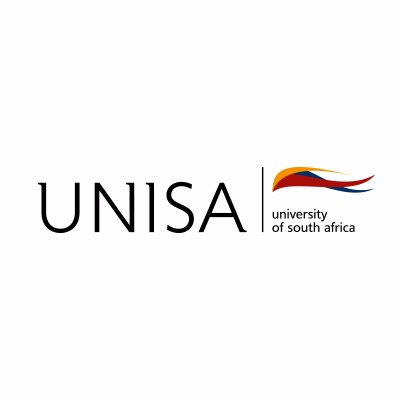Studenteplein and the Democratic Alliance lost their court application against Stellenbosch University on the provision of learning materials during the Covid-19 pandemic. Here is what took place during the court case.

The Democratic Alliance and Studenteplein, the student organization claimed that the University of Stellenbosch’s (SU) implementation plan for the four semesters of 2020 and 2021 was unlawful, unconstitutional and in violation of the policy. The groups stated that the institution used the pandemic as an excuse to do away with providing learning material in Afrikaans during this period.
It was also argued that students were not properly involved in the process of introducing these adjustments in the policy. In the papers filed at the High Court during the court case, the groups stated that the university violated its 2016 language policy by only making learning materials available in English.
“The ruling… confirms SU’s ongoing point of view that there was no deviation from the Language Policy, but rather consulted and approved changes to certain language arrangements of certain faculties. SU’s Language Policy made full provision for this,” said Professor Deresh Ramjugernath, deputy vice-chancellor of learning and teaching.
According to the university’s senate, they accepted a recommendation from its academic planning committee (APC) that lecturers provide new learning material in English only. It was recommended in response to requests for converting learning material to English and Afrikaans to accommodate online teaching and learning during Covid-19.
The groups stated that the “deviation from Afrikaans” was forced upon university faculties by the APC, which influenced the senate to approve it. They said that this violated the policy, which stated that faculties should make changes and that it should not be “imposed” by the senate.
Western Cape High Court stated that even though promoting multilingualism was one of the core pillars of the policy, it allowed for provisions for changes under unprecedented circumstances such as the pandemic. The court stated that these changes were explained in the university’s documents on its plans for the pandemic.
According to the court, the student organization failed to indicate that students who preferred to learn in Afrikaans did not understand English, which meant that there was no violation of their constitutional right to an education. It was also stated that students were informed about the policy changes and that the changes were not “imposed” on faculties.
“The challenge and impact of pivoting all courses online within a short period of time in March 2020 cannot be emphasised enough. Because a large volume of additional online material had to be developed with the almost immediate and complete move from residential to online teaching in the midst of a national lockdown, the workload put extraordinary pressure on lecturers,” said Ramjugernath.
Ramjugernath added, “it would have been almost impossible to expect of lecturers to offer all new learning material in both English and Afrikaans in the relevant circumstances.” Where learning material existed in Afrikaans, it was still provided to students, and new learning materials were also made available in Afrikaans or translated to Afrikaans. Assessments were also available in Afrikaans and English, said Ramjugernath.
Demzyportal Category:


